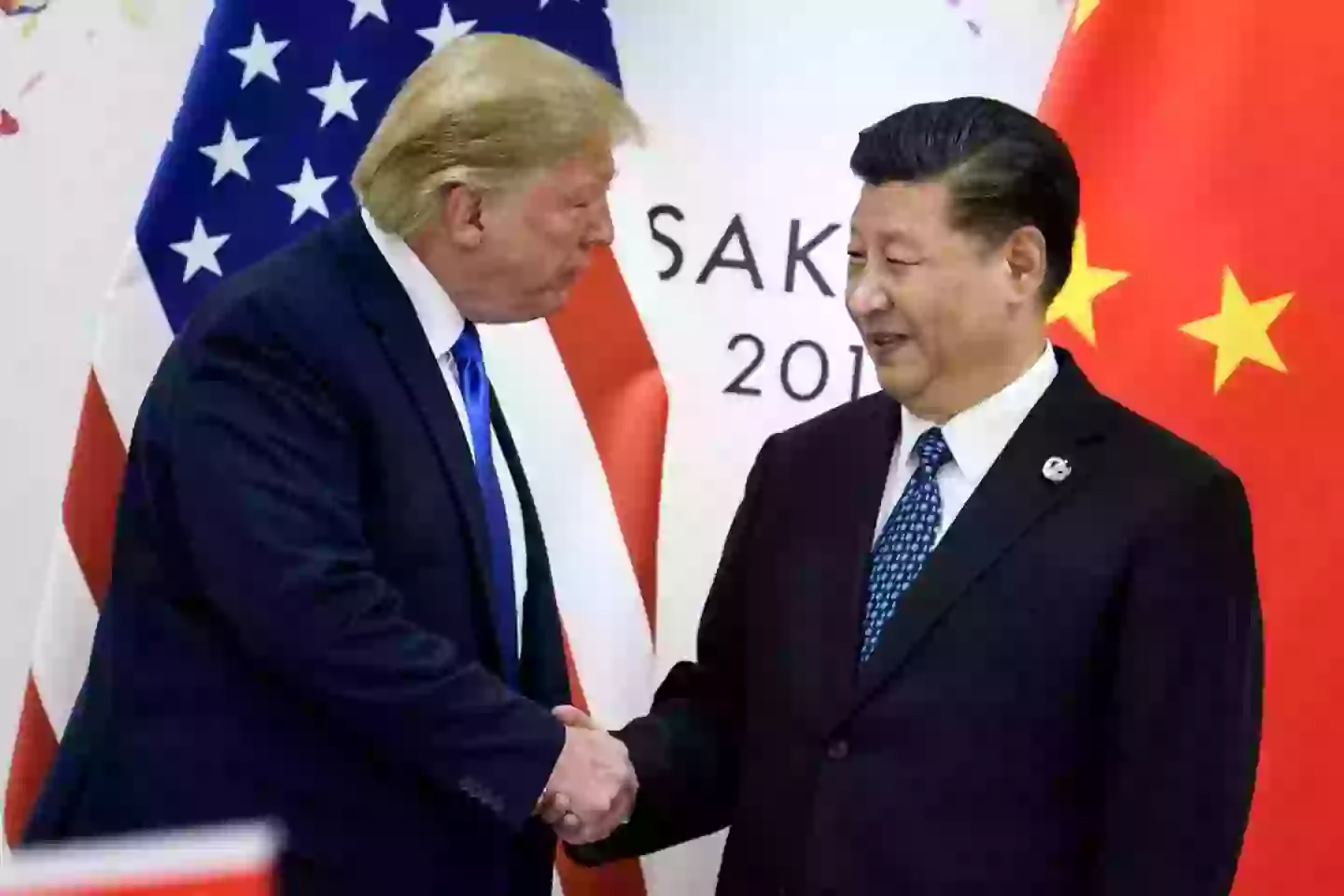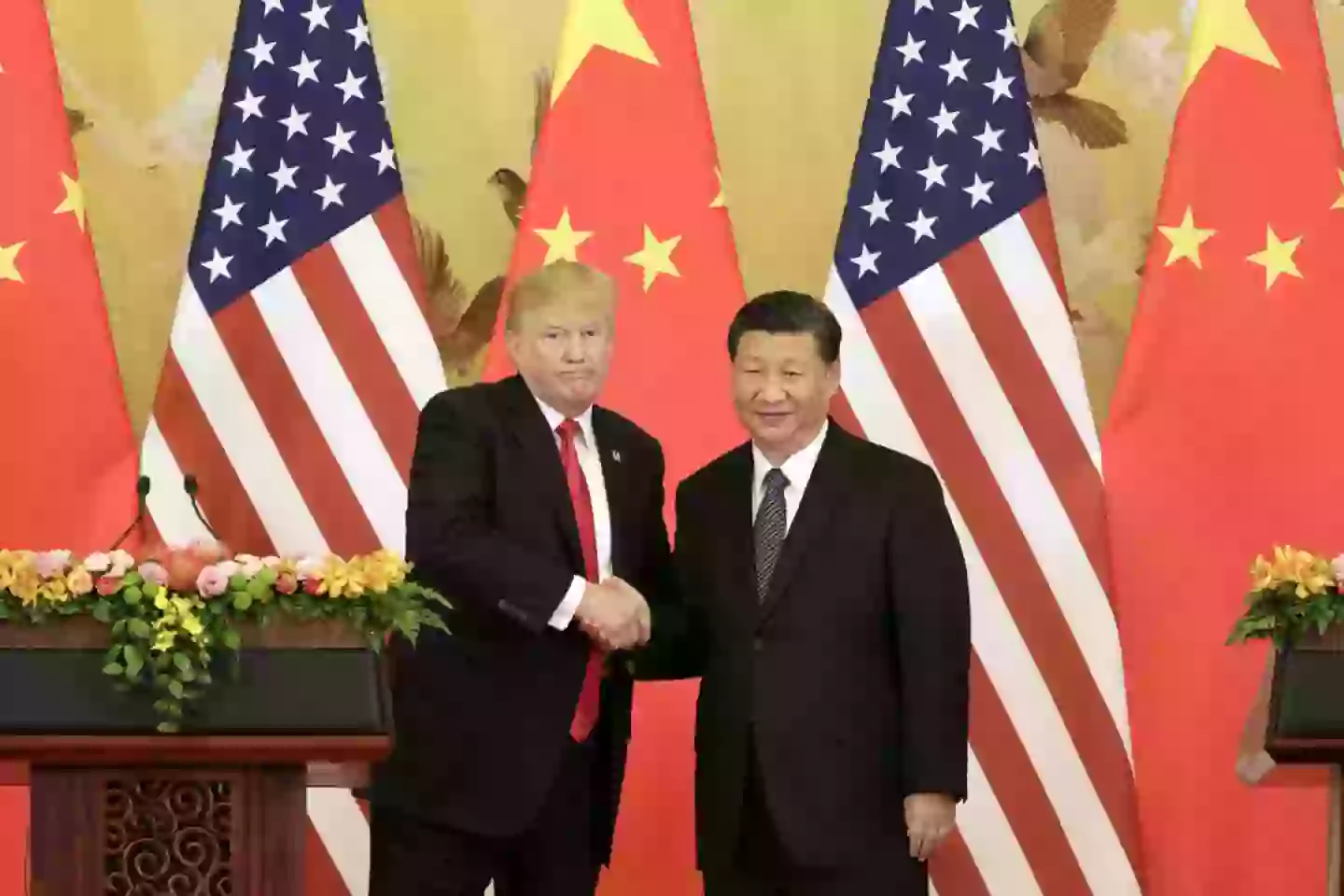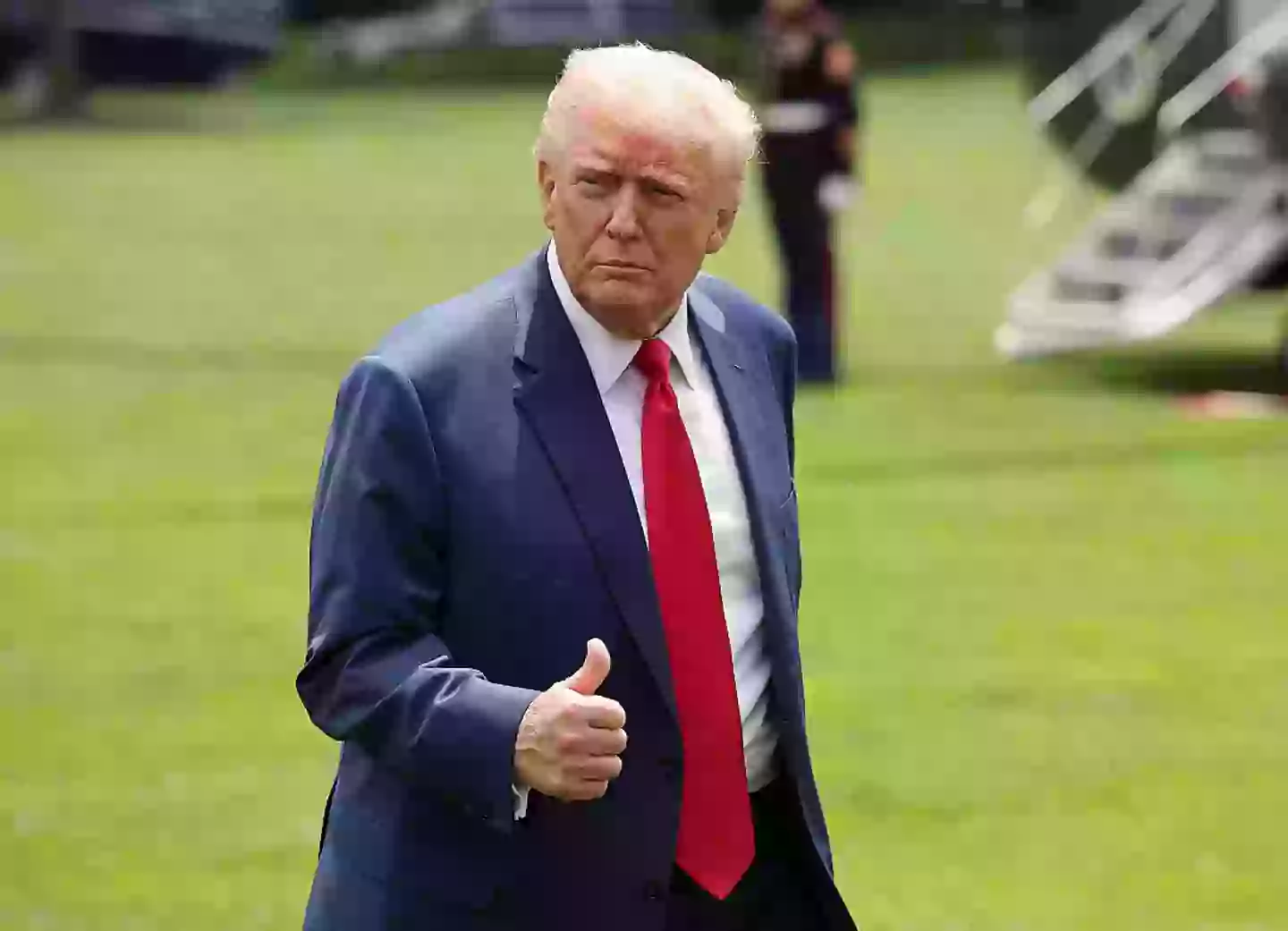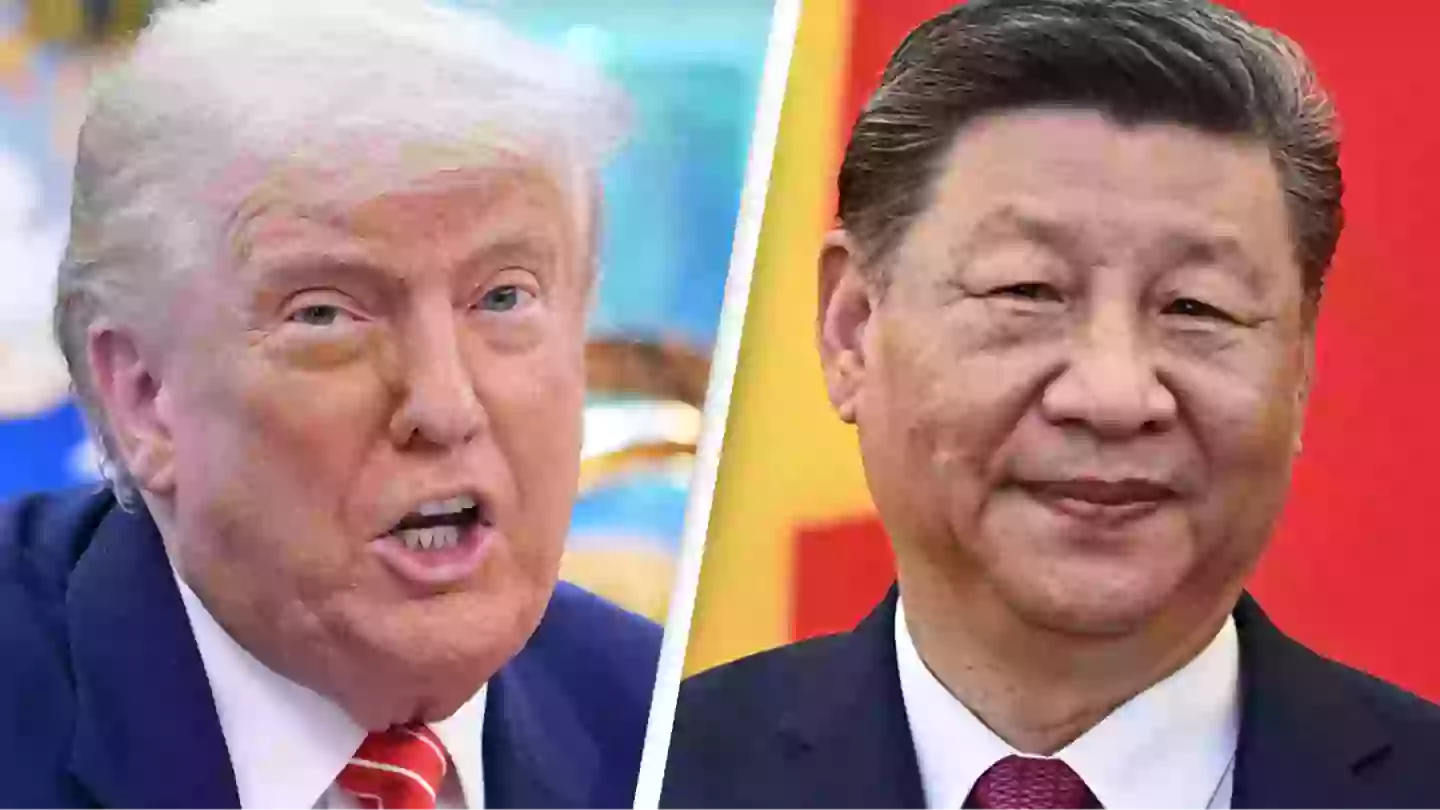President Donald Trump has provided a significant update regarding the trade deal he has been negotiating with China.
The United States and China have been engaged in a contentious trade conflict since Trump, at 78 years old, announced the implementation of ‘Liberation Day’ tariffs globally in early April. China has been particularly impacted by these tariffs.
Following a series of reciprocal tariffs on imports from both countries, a temporary truce was reached in May with a 90-day suspension of tariffs.
The Republican leader mentioned that he and President Xi Jinping discussed the trade agreement during an hour-and-a-half phone call on Thursday, June 5. This conversation occurred just six days after Trump accused China of breaching the truce.
Officials from the United States and China were tasked with meeting in London, England, to draft a proposal satisfactory to both leaders.

After two days of intensive talks in London, an agreement in principle was reached by representatives of the two nations. This agreement was forwarded to Trump and Jinping for their consideration and approval.
“We have reached a framework to implement the Geneva consensus and the call between the two presidents,” US Commerce Secretary Howard Lutnick informed reporters, as reported by CNBC.
It appears that both Trump and Jinping are in favor of the agreement.
“Our deal with China is done, subject to final approval with President Xi and me. Full magnets, and any necessary rare earths, will be supplied, up front, by China,” Trump posted on Truth Social.

“Likewise, we will provide to China what was agreed to, including Chinese students using our colleges and universities (which has always been good with me!).
“We are getting a total of 55 percent tariffs, China is getting 10 percent. Relationship is excellent! Thank you for your attention to this matter!”
Nevertheless, Scott Kennedy, a senior advisor and trustee chair in Chinese Business and Economics at the Center for Strategic and International Studies, suggests that the agreement is largely based on the countries’ mutual need for essential materials.
China controls a significant portion of the global supply of samarium, a rare earth material vital for military applications like fighter jets and missiles.

In April, China halted exports of samarium and other rare minerals, requiring exporters to obtain a license from the Ministry of Commerce to send these materials out.
In exchange for these minerals, China hopes that the President of the United States will relax restrictions on American computer chip companies, which are currently limited in what they can sell to Chinese businesses.
The objective of these restrictions, initially introduced by former President Joe Biden and later intensified by the Trump administration, is to hinder China’s ambitions to develop artificial intelligence for both military and commercial purposes.
“This deal is taped together by the two sides’ leverage over each other, not common principles or shared interests,” Kennedy commented to CNBC. “The chances for further stops and starts are quite high.”

